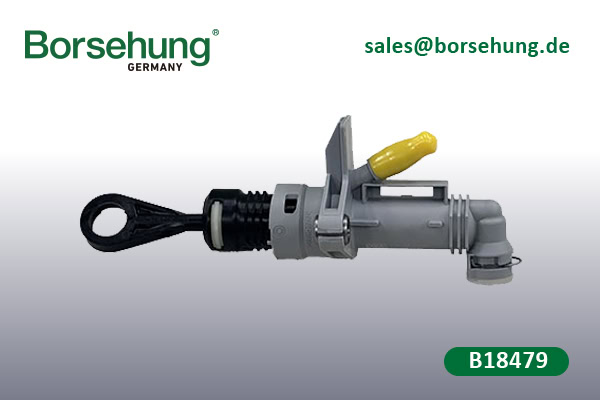The service life of a clutch master cylinder usually depends on several factors, including vehicle driving habits, driving environment, maintenance status, and quality level. In general, the average service life of clutch master cylinders is as follows:
Average service life of clutch master cylinders:
Driving habits: Frequent starting, high-speed driving for long, frequent gear shifting, or rough operations can accelerate wear of components.
Operation environment: Extreme weather conditions, dust, mud, moisture and other adverse environments can impair durability of the clutch master cylinder.
Maintenance and servicing: Regular inspection and replacement of hydraulic oil can prevent leakage and contamination, thereby prolonging the service life of the master cylinder.

When should a clutch master cylinder be replaced?
Symptoms like frequent leakage, hydraulic instability, difficulty gear shifting, and heavy pedaling indicate that the clutch master cylinder is approaching or has reached the end of its service life.
It is recommended that the status of the hydraulic system should be checked regularly and it should be replaced in time to prevent sudden failures.

